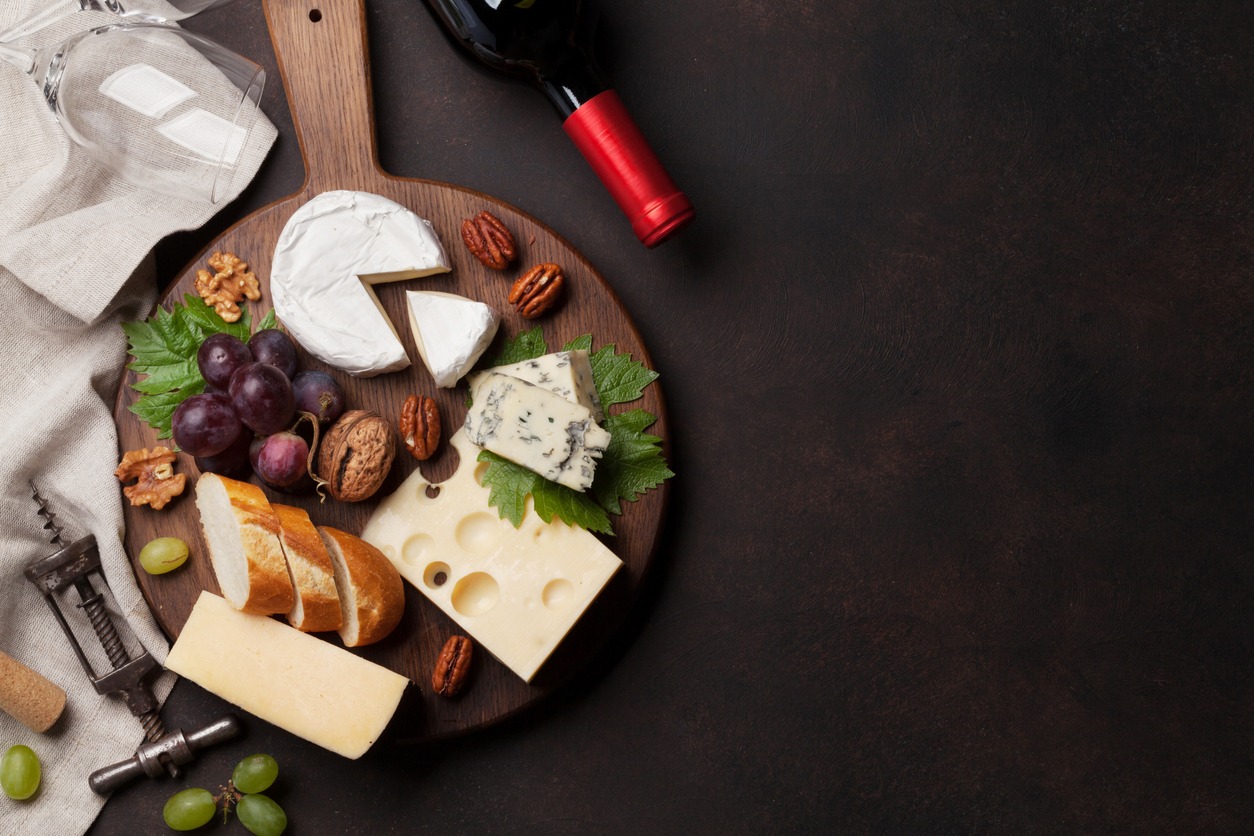San Francisco startup New Culture has closed a $3.5 million seed round after graduating from the IndieBio accelerator.
New Culture is making dairy cheese without animals instead using fermentation, the addition plant-based fats, sugars and the traditional cheesemaking process. New Culture says its product is “indistinguishable from animal-based dairy cheese in taste, texture and function.”
Evolv Ventures, the $100 million corporate venture fund of Kraft Heinz, led the round. Bee Partners, Mayfield, CPT Capital, Boost VC and SOSV also participated; SOSV followed on from its initial pre-seed investment through IndieBio.
New Culture’s chief science officer Inja Radman says that culturing cheese is necessary to create viable alternatives to the “unsustainability of the cheese industry” where plant-based options are falling short.
“Fully plant-based cheese doesn’t work, and we know why. It lacks the crucial component which gives dairy cheese its signature properties, and that is the casein micelle, a supramolecular structure of dairy proteins that are found only in mammalian milk. We are developing the technology to make those casein micelles without involving animals in the process,” said Radman,
New Culture follows in the footsteps of other cellular agriculture startups that came out of Indie Bio including Memphis Meats, Clara Foods, and New Age Meats. According to a press release, the startup’s round was highly sought after by investors.
“We’re excited to lead the seed round for New Culture. We have been impressed by what the team accomplished during IndieBio in a short period of time and look forward to supporting their vision to produce animal-free dairy cheese. This is another example of our focus on investing in the leading companies across the food value chain,” wrote Steve Sanger, a general partner at Evolv Ventures in the release.
The meat and dairy alternatives market is certainly having a moment, buoyed in particular by Beyond Meat’s epic IPO earlier this year but the dairy alternative industry is getting particular consumer traction; US consumers purchased $1.6 billion in milk alternatives in 2018, while real milk sales plummeted $1.1 billion. Even traditional dairy businesses are transitioning to the plant-based space, as my colleague Lauren reported last week. Perhaps one day they will be constructing cell-grown dairy product facilities.
“We are experiencing one of the most significant and important food movements of our time. We are fortunate to be in a position to join other fantastic companies in building a more efficient and sustainable global food industry,” said New Culture CEO Matt Gibson.
Watch this space for more fundings in the meat-free alternatives space as we hear rumblings of mega-rounds coming soon! Have a tip? Email [email protected].





